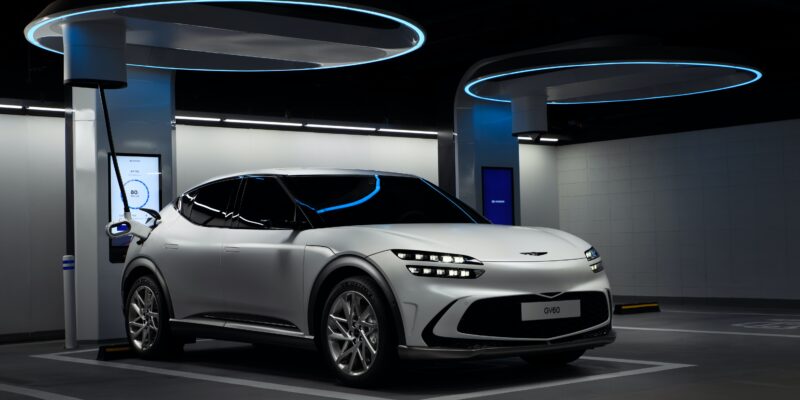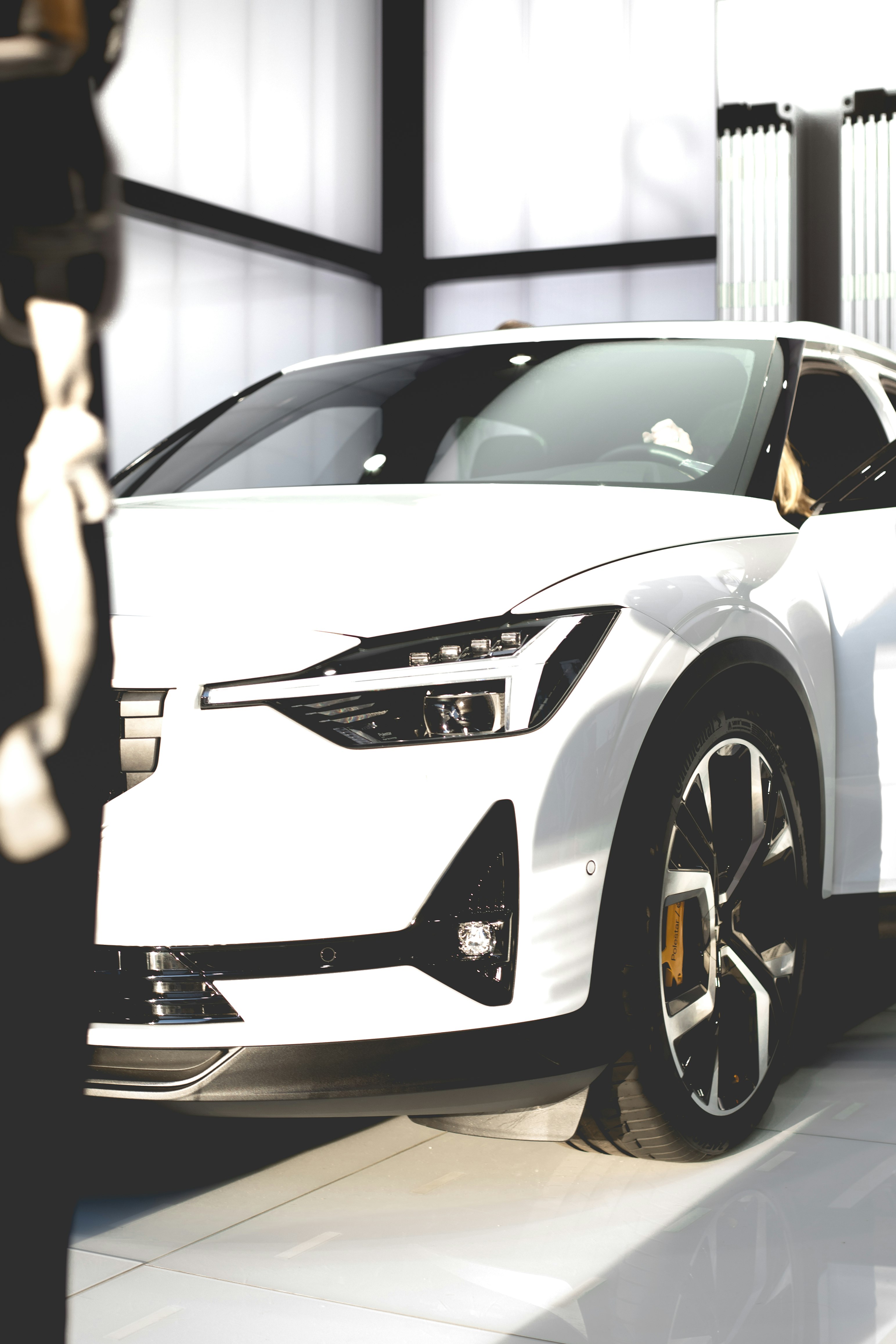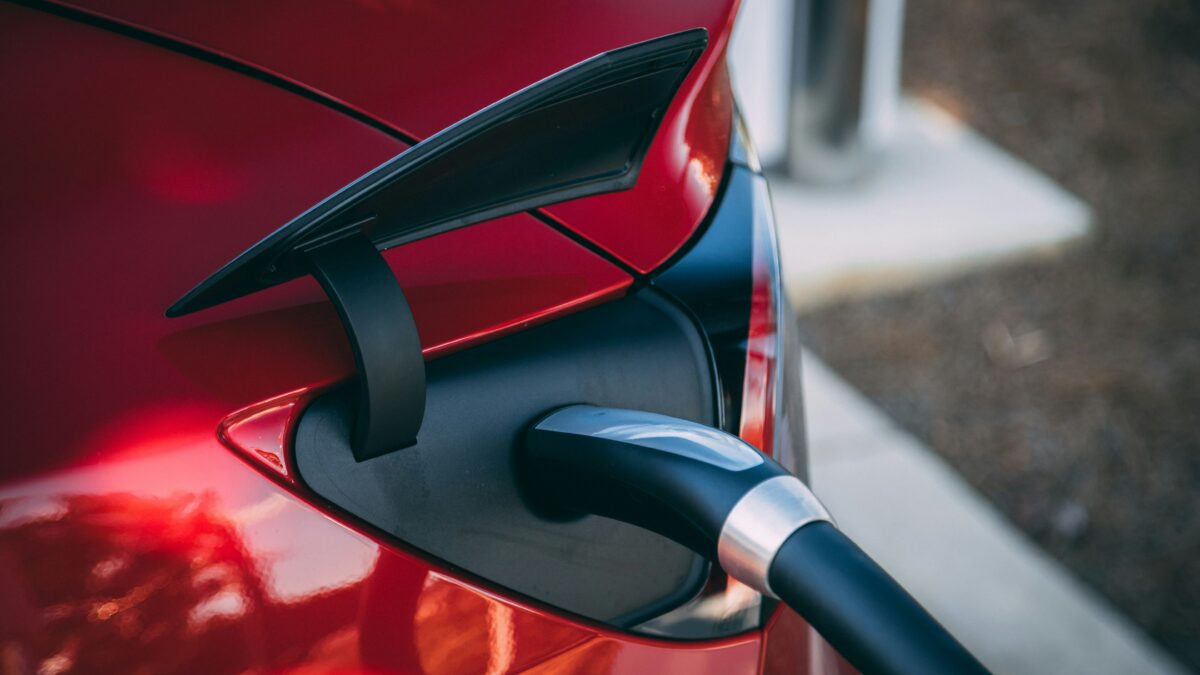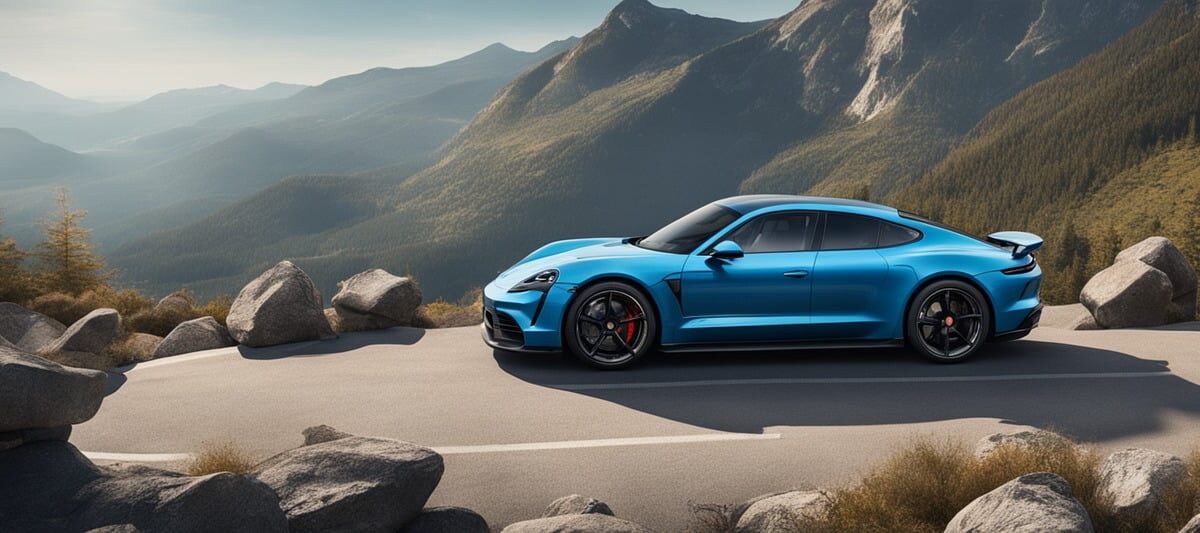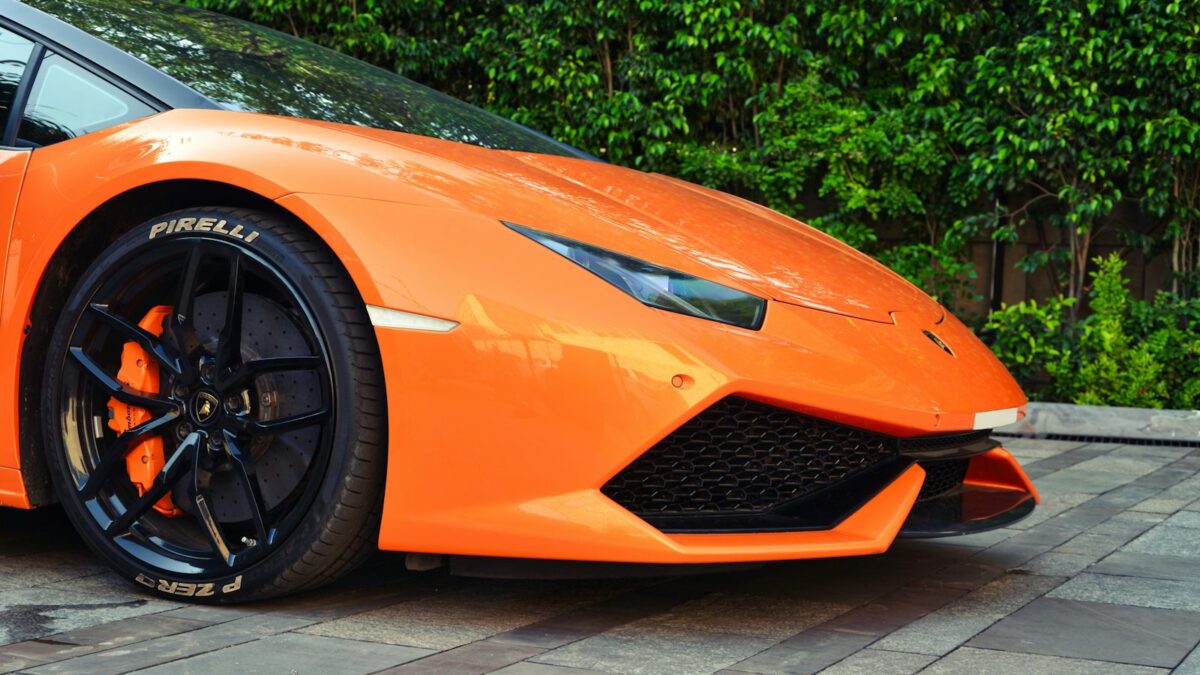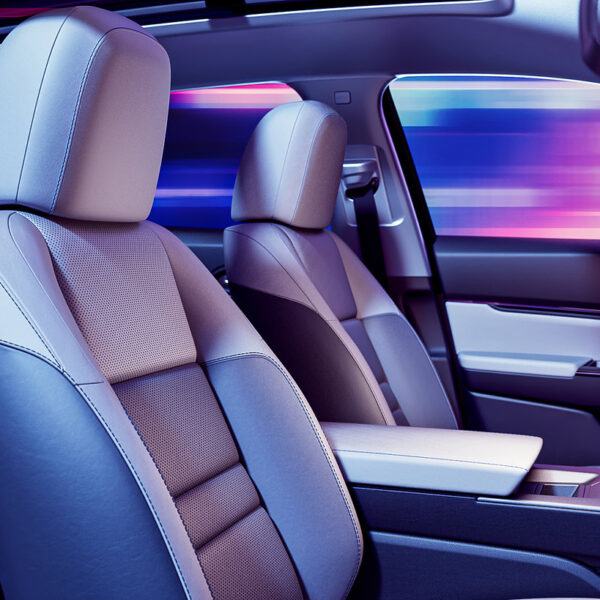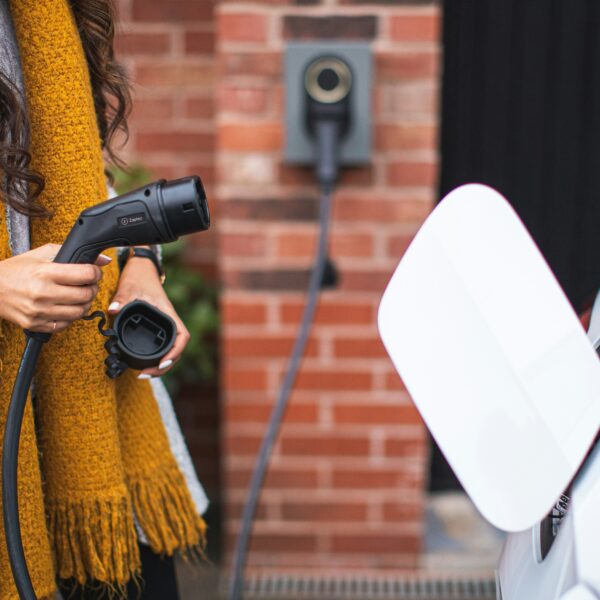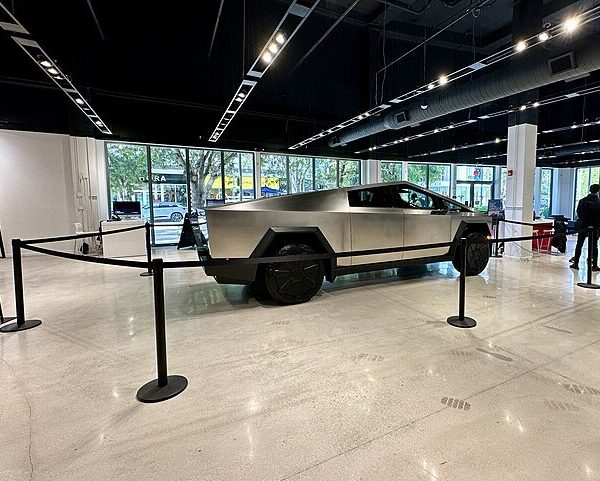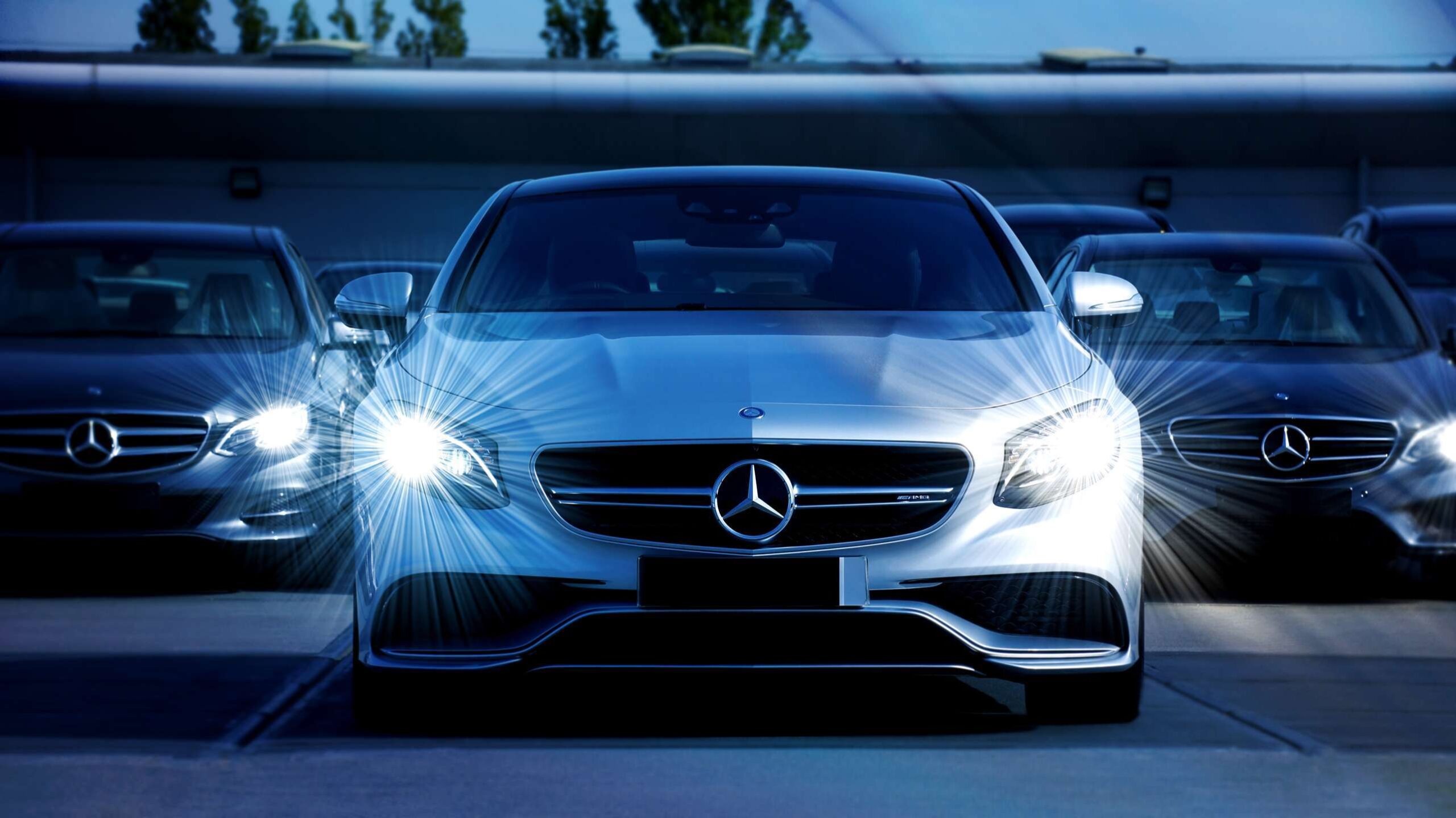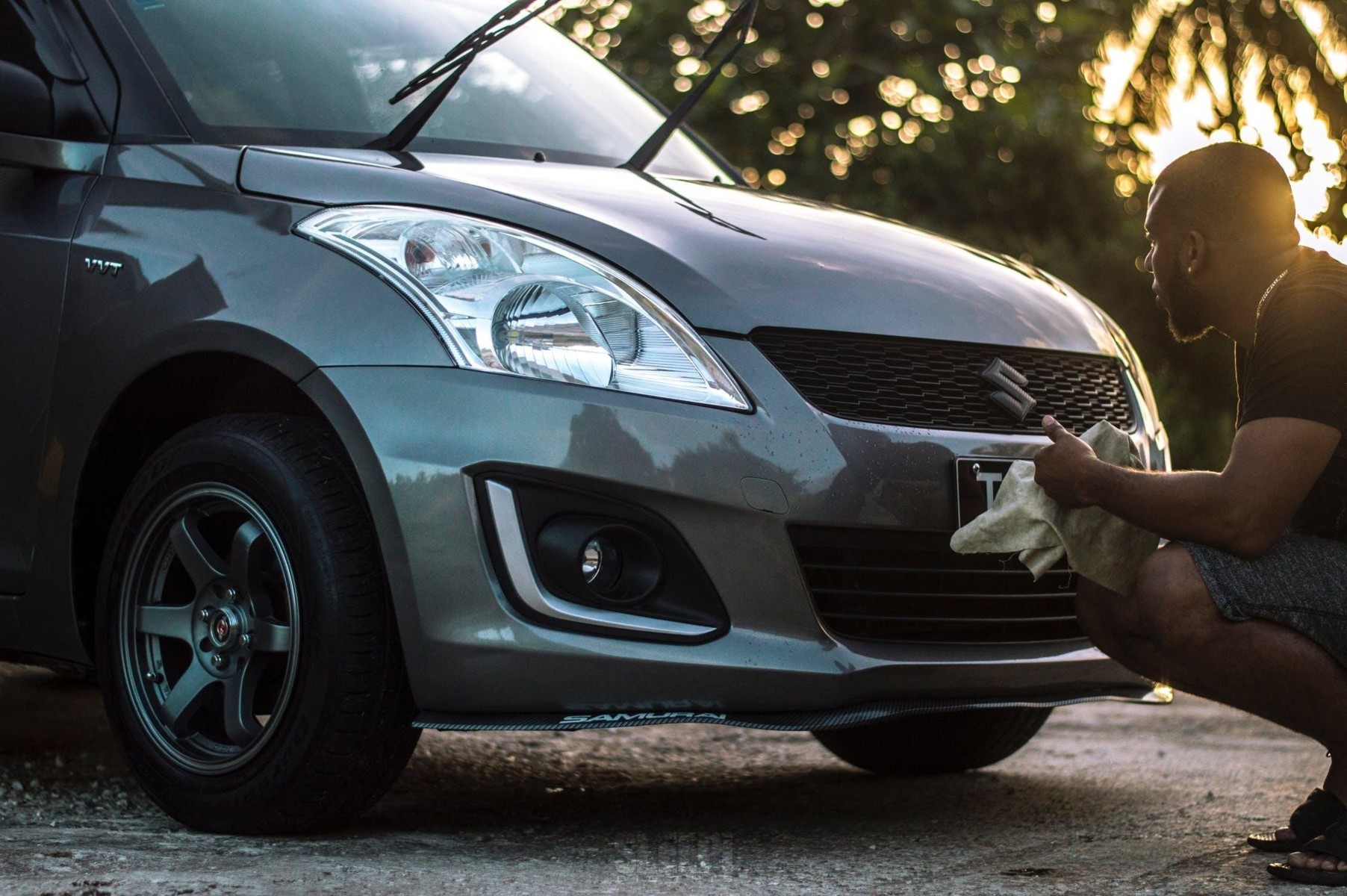Going the Distance? Consumer Reports Highlights Concerns Over Electric Car Range Accuracy
Consumers have repeatedly stated that range has been the biggest hurdle regarding EV acceptance. Many drivers have been frequently reporting that they are nervous about inflated range estimation. The world’s leading quality experts were determined to test EVs from all over the globe for range credibility. To encourage the battle for transparency, the latest Consumer Reports article highlights concerns over electric car range accuracy.
Consumer Reports Highlights Concerns Over Electric Car Range Accuracy
German models provided an excellent showing during this detailed test! Mercedes and BMW led the pack by leaps and bounds! Ford and Rivian provided a stellar showing when up against the overseas contenders. It was encouraging to learn that you don’t HAVE to pay a premium price to secure quality these days.
The Ford F-150 Lightning was unfortunately situated lower on the list. Things can fare a bit worse when there’s a large payload and hulking trailer in the picture. The good news is that many cars tested came satisfyingly close to their estimates. The Genesis GV 60 and Kia EV6 Wind were good enough to beat their own estimates by 3 miles.
Ringing in the New Year With Relevant Range News:
The Ioniq 6 SEL AWD fell just a few miles short of its expected range performance. The team was certain that Audi and Volkswagen would have been certain to stand proud in the top layer. Their formidable status will still pass as acceptable, and not in the dreaded “unreliable” category. EV range estimates combine simulated city and highway driving.
Standards for this criteria are developed by the Environmental Protection Agency. One very important finding has dictated that EVs tend to be less efficient on highways than in cities. The Consumer Reports team did not even stop when the cars indicated they were at zero range. The BMW iX offered up an additional 30 miles after this point!
The “Holiday Folly” in the Findings:
Out of 22 EVs that were put to the test, nearly half of them fell short of their EPA-estimated ranges. This frequently takes place at highway speeds. The Ford F150 Lightning ran out after just 270 miles, which was a startling 50-mile difference from the estimate. The Lucid Air was 40 miles short of its estimate, and the Tesla S was good for just 366 miles of highway driving.
The brands such as BMW and Mercedes-Benz that beat their range absolutely prove their worth in very cold weather. More extreme acceleration is also a culprit for cutting range considerably. To make sure that results are as accurate as possible, test results are published for cars with between 5,000 and 15,000 miles logged. Tires are also inspected for any uncharacteristic or additional wear.
Optimal Conditions for Efficient Testing Results:
Temperature was also a very important factor during testing, as driving in the cold with the heater on shortens range. All tests are performed at just between 70 and 90 degrees Fahrenheit. Tire pressure also needs to be precisely at factory specs. Regenerative braking also must be set to the lowest level.
Eco mode is the ideal drive setting to ensure the car will provide maximum range. Since the testing crew lives with the EVs purchased, they are familiar with plugging in every night or during a journey. Most DC Charging takes place on long trips, and so the Consumer Reports team gives it priority status. This information allows drivers to compare EVs to ultimately see how they would meet their needs.
The Great and All-in Charger Debate of 2023:
Even if a car is capable of superfast charging, the 350-kw charger is a must to nail down the greatest potential. The top-scoring vehicles for this test charge quickly, but are also efficient. Coming with built-in features such as navigation is taken into consideration. Here it was noticed that Rivian models have plugs lower to the ground that can be tricky to access.
Tesla and Rivian both have the added appeal of smartphone apps that assist with quickly locating chargers. The final element in scoring by this team was the overall ease of one-pedal driving. Mercedes and BMW reigned supreme during this form of testing, which solidified a high quality that has always been noticed in the industry.
Consumer Reports’ EV Odyssey: Conclusions and Insights on Electric Vehicle Range Accuracy
While driven at a constant highway speed of 70 mph, vehicles definitely fall short of their claimed range. Range anxiety is one of the predominant barriers to EV acceptance, and studies such as this allow for winners to shine. As any driver prepares to hit the highway, range accuracy becomes a much more pertinent issue.
What do you think of this Consumer Reports study? Are you willing to put your faith in just any old EV, or is range a huge factor in your decision? Let us know in the comments below, or check out another article about range anxiety.






